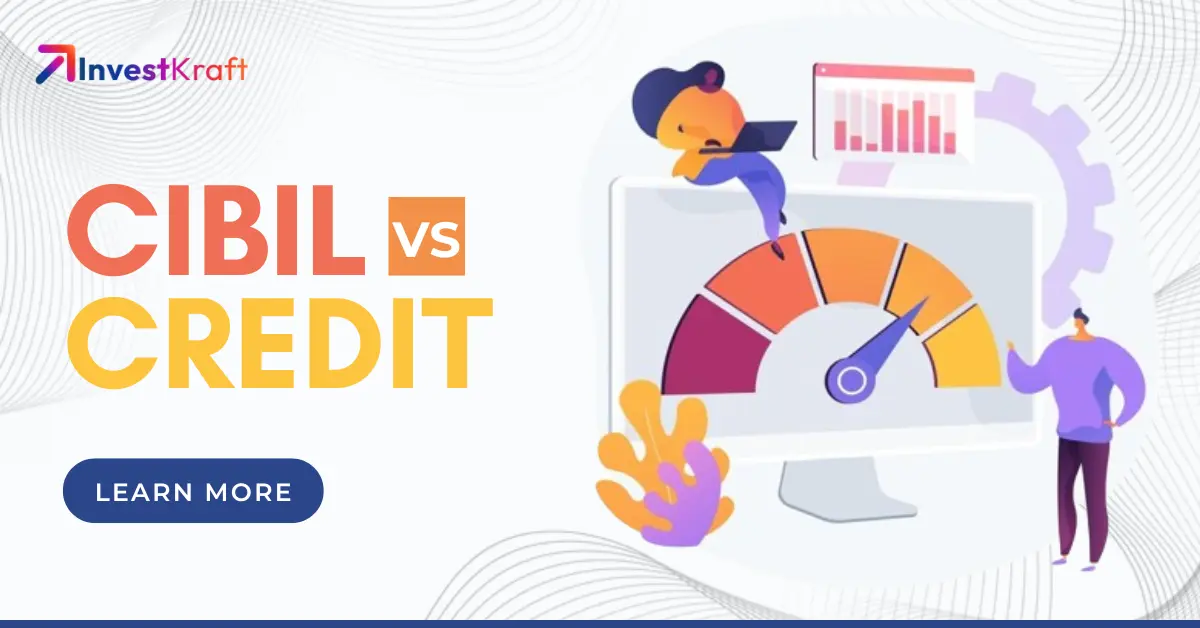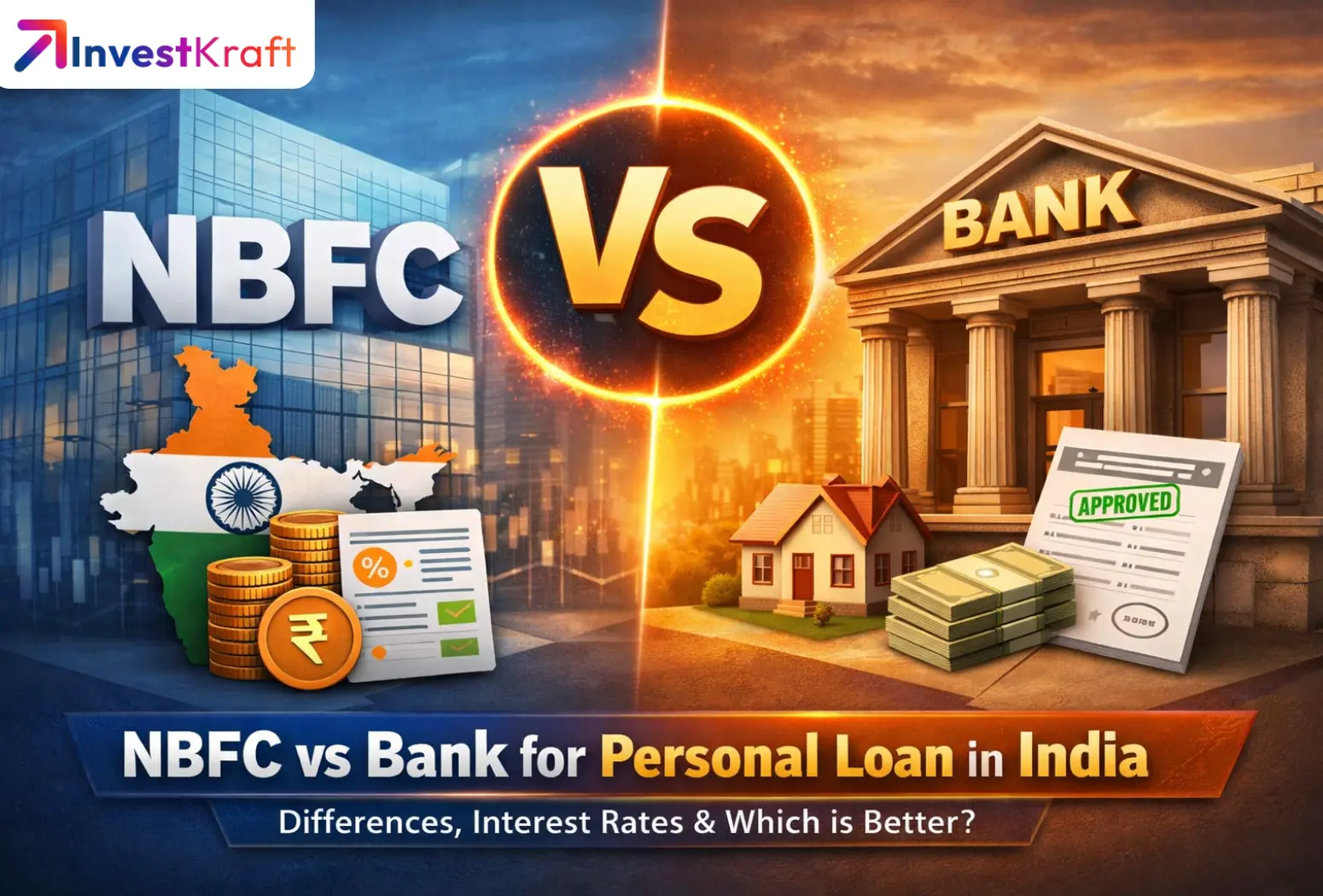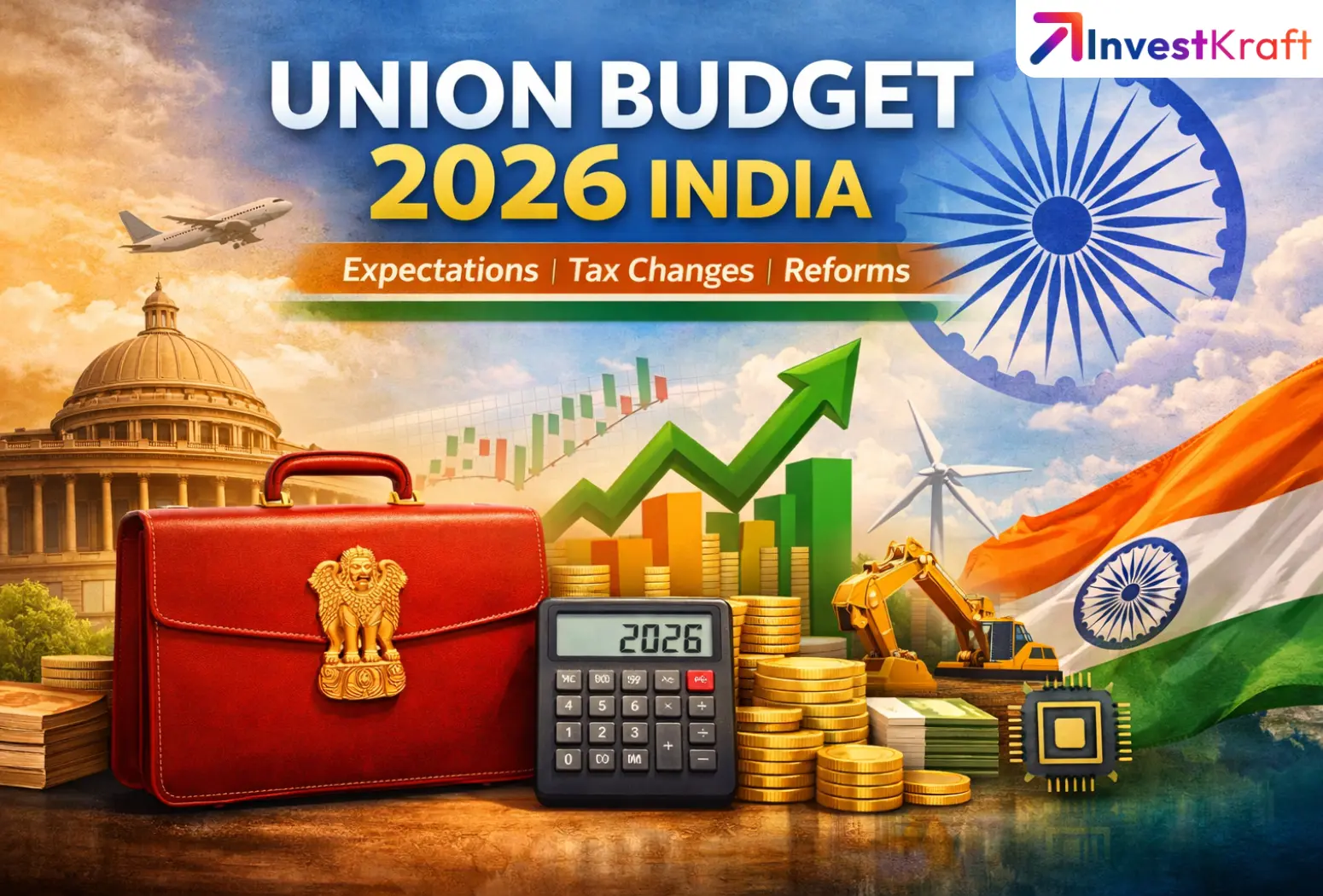Difference Between CIBIL Score and Credit Score

You have probably encountered the terms "credit score" and "CIBIL score" if you have ever applied for a credit card or sought a loan from a bank or non-bank financial institution. The phrases are frequently used interchangeably. However, there is a slight difference therefore that is not a smart practice. While you get to check my CIBIL score, you should learn how to distinguish between your CIBIL score and credit score from this article.
What is a Credit Score?
Potential borrowers' creditworthiness is shown by their credit score. It is determined by taking into account the borrower's credit history, which includes the quantity of credit accounts, total amount owed, and repayment history. When doing a CIBIL score check online, the quantity of inquiries is also taken into account.
Lenders do credit score checks, which is a component of a significant metric system, to illustrate the likelihood that the borrower would make timely loan repayments. Notably, having a good score increases your chances of being approved for a credit card or loan. In a similar vein, a poor credit score might quickly turn off lenders. A credit score is used to determine interest rates in addition to serving as a risk grading tool for loans. Therefore, when applying for a loan from a financial institution, your score might help you save a lot of money.
Major Credit Bureaus
Lenders want to know that you have a good probability of repaying them when you apply for a loan. They look at your credit history to help them understand your financial background. Government-appointed credit bureaus maintain these kinds of records, which assist lenders in making these determinations, as banks and NBFCs are not permitted to keep such a large number of records.
Consequently, to put it briefly, credit bureaus operate as private, informational databases that combine bits of data to create your credit report or credit score. There are various credit bureaus, and they all operate in unique ways. However, data kept by the three main credit-reporting companies—Equifax, TransUnion CIBIL, and Experian—is the basis for important lending decisions.
The year 2010 saw the licensing for Equifax, which assigns a number between 1 and 999. As a customer, you get access to credit reports, risk assessments, portfolio evaluations, and more.
The most well-known credit bureau in India, TransUnion CIBIL, has connections to numerous banks and NBFCs. Since its creation in 2000, TransUnion CIBIL has provided consumers with a thorough credit report to help them meet their financial needs and apply for loans.
The year 2006 saw the establishment of Experian, and 2010 saw the granting of a fully working license. Their credit rating ranges from 300 to 900.
Also Read: Top 10 Non-Banking Financial Companies (NBFCs) in India 2024
What is the CIBIL Score and how does it work?
The credit score that TransUnion provides the term "CIBIL score" refers to CIBIL, one of the three credit bureaus in India that keeps track of all business and individual credit-related activity. The bureau provides security against identity theft and other potential fraud in addition to providing a comprehensive grasp of an individual's credit history and financial reputation. In addition, the bureau provides organizations with strong information solutions that mitigate risks and assist them in making well-informed decisions.
The CIBIL score is a three-digit numerical summary of a customer's credit history that provides hints about their credit profile. A score between 300 and 900 is given to a business or an individual. As your CIBIL score gets closer to 900, your chances of being approved for a loan increase. Note that any score above 750 is regarded as favorable by the credit rating agency. This means that lenders will evaluate and approve your loan application if your CIBIL score is between 750 and 900. However, when you start to stray from the 750 mark, all hope is lost.
By selecting a membership plan or using the credit bureau's official website, www.cibil.com, you can conveniently view your CIBIL score for free. Although you can check your current CIBIL report once a year with the free subscription, the pricier options offer more value.
Keep a good CIBIL score
As previously stated, TransUnion CIBIL offers and maintains a credit score known as the CIBIL Score. A significant factor in determining your credit score is your repayment history. Furthermore, you risk having your credit score reduced by 100 points or more for any late payments on credit card balances or loan EMIs. Therefore, missing payments is strictly prohibited if you are trying to build credit or will ever require a loan. Furthermore, it is imperative to maintain a credit utilization ratio (CUR) below 30% and guarantee prompt and complete settlement of credit card balances. Remember that your credit utilization ratio, or CUR, will increase the more you swipe your card.
You are now fully aware of the distinctions between a credit score and a CIBIL score. It is advisable to check your credit score before contacting a lender to apply for a new loan. In this manner, you can take your time to raise your credit score before asking for a loan if it is low. Soft inquiries, such as checking your credit report or CIBIL score, have no detrimental effects on your score.
FAQs
Q. How can my CIBIL credit report provide my CIBIL score?
- The credit score you require is available in your CIBIL credit report. Check your credit score and download your CIBIL credit report.
Q. What does a CIBIL "good credit score" mean?
- A CIBIL credit score of higher than 750 is regarded as being in the good range. If your credit score is higher than 750, your CIBIL credit report is considered perfect.
Q. What is the difference between CIBIL score and credit score?
- The main distinction between CIBIL and credit scores is that the former can be obtained from any of India's four credit agencies, while the latter can only be obtained from TransUnion CIBIL. Lenders utilize both credit scores and CIBIL scores, which are equally valid, to determine a borrower's creditworthiness.
Q. Which credit score is primarily chosen by banks?
- Credit bureaus release credit scores, like Equifax, CRIF High Mark, Experian, and CIBIL TransUnion. A majority of banks prefer CIBIL scores while evaluating a person’s creditworthiness.
Related Posts;
- Get a 50,000 loan without a Cibil Score
- Personal Loan for Low CIBIL Score of 550
- Get a Personal Loan for a CIBIL Score of 550 to 600
- Get a Personal Loan With a Low CIBIL Score
- Get a Business Loan With a Low CIBIL Score
- Get an SBI Personal Loan with a 672 CIBIL Score
- Different Ways To Improve Your Credit Score
- Get a Loan With a Cibil Score of NH (No History)
Verify Phone Number
Related Post

NBFC vs Bank for Personal Loan in India: Key Differences, Interest Rates & Which is Better?
When it comes to personal finance, choosing between an NBFC (Non-Banking Financial Company) and a tr...
Read more...
20 Best Money Earning Websites Without Investment in India with UPI Withdrawals 2026
Looking to make some extra cash from home in 2026? You're in luck. With the rise of digit...
Read more...
Best Government Schemes with High Returns in India 2026
Investing in government schemes is a smart way to grow your money safely. These plans are back...
Read more...
Union Budget 2026: Expectations, Income Tax, Capital Gains & Key Reforms
The Union Budget 2026 is India’s annual fiscal plan for FY2026-27, outlining the government’s...
Read more...
Post Office Monthly Income Scheme (POMIS) – Interest Rate, Benefits & Calculator 2026
Want to know a risk-free investment option with a high monthly return? Then we strongly recomm...
Read more...
Top Fintech Companies in India 2026 – Updated List, Services & Insights
With the advent of AI and digital payment methods, India has recently seen a surge in fintech...
Read more...
Bank Holidays in India 2026: Complete State-wise RBI List
Before you head out to carry out your important banking activities in 2026, please read this b...
Read more...
How to Get Free From the Debt Trap in 2026
There is a moment in everyone’s financial life when they look at their credit card bill and wo...
Read more...
10 Real Ways to Increase Your Income in 2026 (No Fake Apps, No Scams)
Are you cutting back on your dreams because your income isn’t enough? Or Are rising expenses f...
Read more...
Best Affiliate Marketing Websites in India 2026 – Earn Side Income Online
Some people are quietly earning ₹25,000… ₹50,000… even ₹1 lakh+ per month just by sharing link...
Read more...Reach out to our Experts if you have any Doubts
Like the best things in life, Consultations @InvestKraft are free
Drop a Mail or give us a Missed Call & Begin your Investment Journey here







